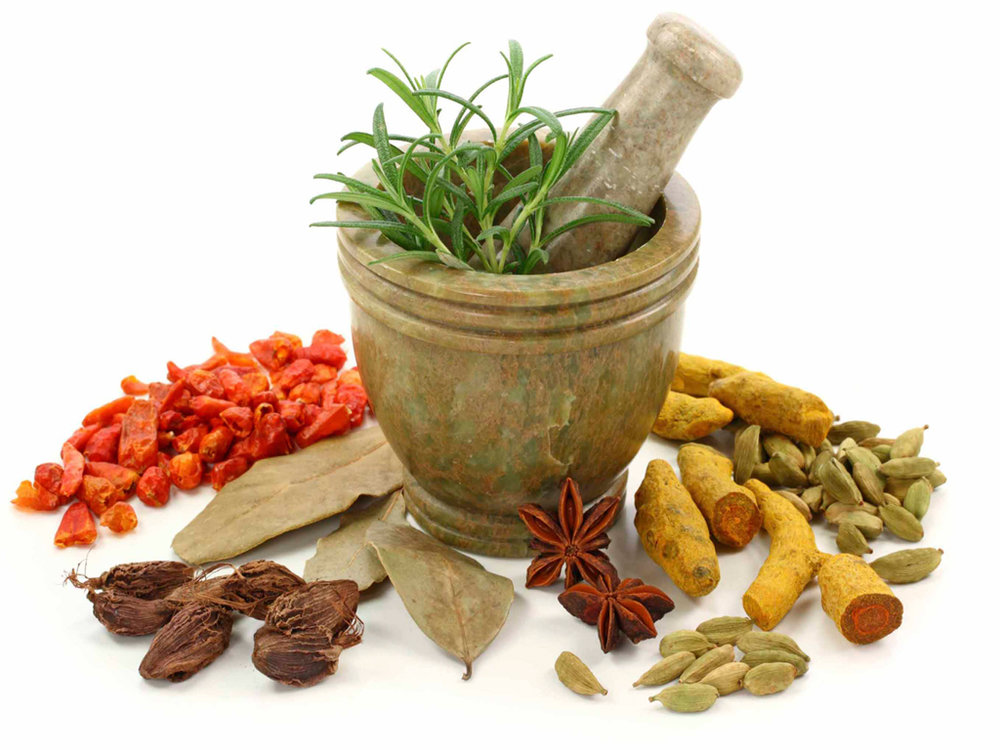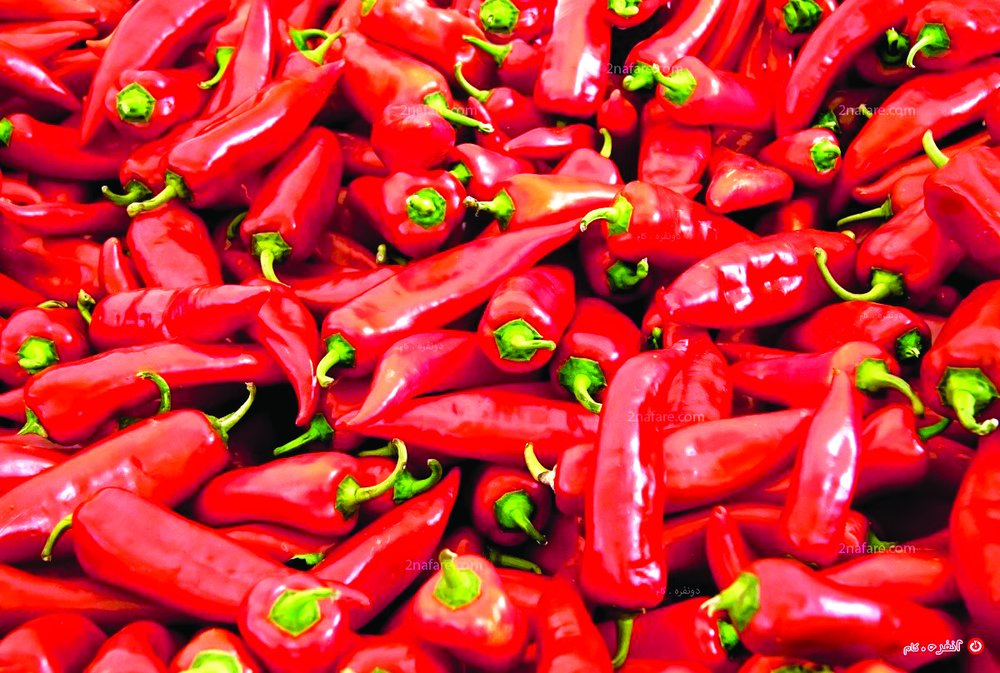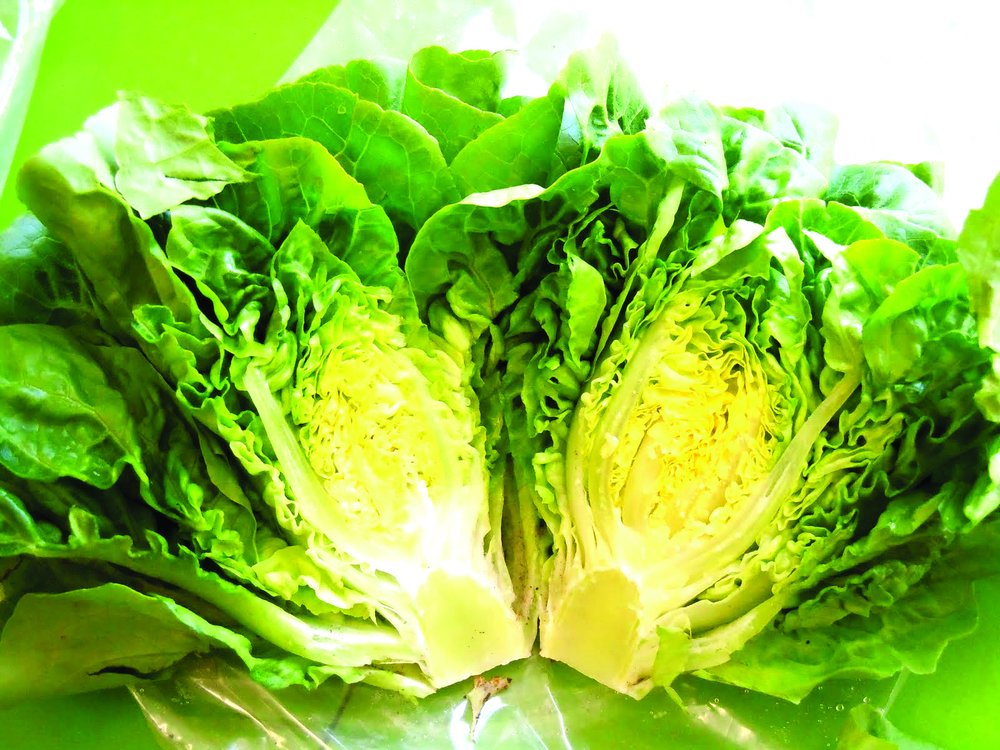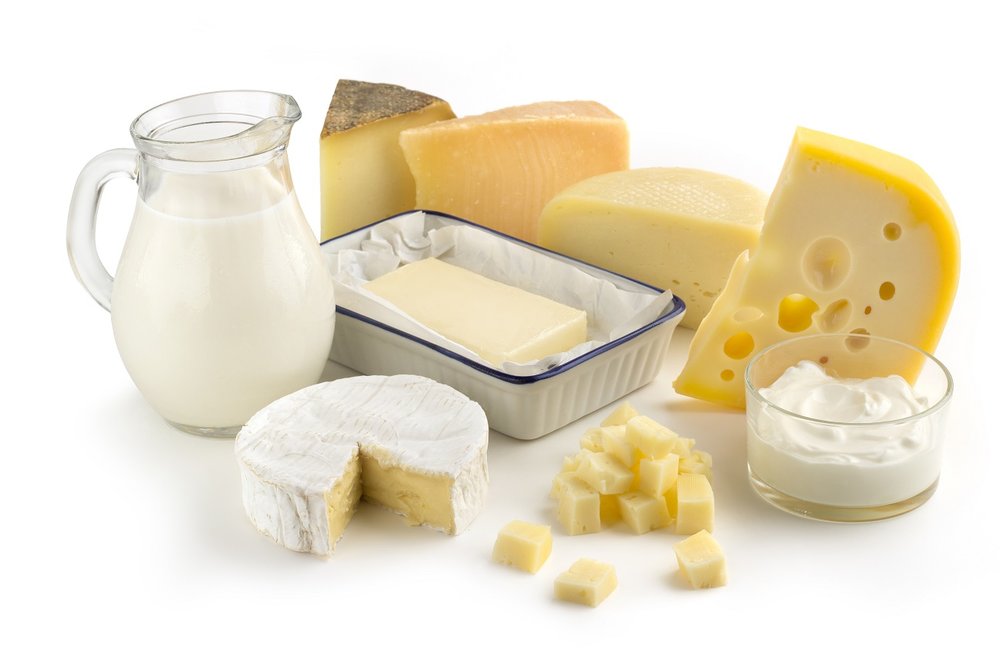Correspond to your temperament, traditional medicine underlines

TEHRAN — The Iranian-Islamic traditional medicine (hereafter called traditional medicine) specialists have classified everything comprising all objects, materials, states and even events by their Mizaj (temperament) with regard to kinetic energy (warmness) and fluidity (humidity).
Accordingly, human beings’ and animals’ bodies, foods, and medicines also have a Mizaj. So without a through grasp of the Mizaj one can never fully appreciate the value of the traditional medicine.
Warmness, coldness

Once consumed or applied topically, food stuff or a materials which are warm (have a warm Mizaj) would raise the body temperature, lead to an increase in exuberance and energy level, boost speech speed, and accelerate thinking and mental process.
For instance pepper, cinnamon, and spicy foods are of warm Mizaj and consuming copious amounts would cause the body to overheat.
On the other hand consuming food stuff or drinks which are cold (have a cold Mizaj) such as Yogurt, sour foods, and lettuce would cause lethargy, drowsiness, fatigue, dizziness, decrease in learning capacity, and memory loss.

Wetness, dryness
From traditional medicine point of view wetness means flexibility, for example, when someone has a wet Mizaj it means that their body parts are more pliable, they are more prone to gain weight, have better skin, silky and smooth hair which would usually fall limp after styling it, and soft fingernails.

Flexibility is also traceable in the way they behave meaning they are flexible both physically and mentally since they can cope with problems with much less difficulty, rarely show dogged determination and stubbornness, and accept the situation more readily.
Therefore wetness does not mean being covered or saturated with water or other liquids. Some food items and drinks have wet Mizaj and consuming large quantities of such stuff would raise moist in human bodies. Water, lettuce, all dairy products, sour foods, citrus fruits, watermelon and in general all drinks and foods that have characteristics similar to that of water such as being colorless, odorless, tasteless and take up the shape of its container are considered as wet.

Dryness, on the contrary, is described by features such as stability, consistency, inflexibility, and maintaining the current condition. Dry materials are likely to cause dryness in the body, for example, the skin or mucous membrane would become scaly which result in cracking and bleeding with a gentle pressure. They also cause the hair to get dry as well. Constipation and trouble emptying bowls are also common among those who have dry Mizaj.
Mentally speaking they are inflexible, obstinate, and reluctant to budge an inch.
Correspond to your Mizaj
Human bodies, similar to other components of the universe have Mizaj. Mizaj is actually a spectrum and everything in the universe, regarding its humidity and warmness, is placed somewhere across the spectrum. Therefore, Mizaj is a relative concept. One person’s Mizaj can be warmer, colder, wetter, or dryer compared to another person’s.
Human health depends on the maintenance of the Mizaj in a balanced state and one of the best ways is to eat and drink in accordance with the Mizaj which contribute to both healthy physical and mental functions.
If someone who has a warm Mizaj consume too much food items with warm Mizaj would reveal symptoms such as arrhythmia, insomnia, constipation, rage and irritability and in other words the person suffers mal-temperament or Sou-e Mizaj which could somehow lead to illness. This is true for other people with other Mizaj as well.
Recognizing and corresponding to your Mizaj would lead to maximum health.
MQ/MG
References for further study:
The Canon of Medicine by Avicenna
Al-Hawi by Muhammad ibn Zakariya al-Razi
Zakhireye Khwarazmshahi by Esmaeil Jorjani
Al-Iqraz al-Tebbieh and Al-Mabahis al-Alaieh by Esmaeil Jorjani
Kholasat-al-Hekmat by Aqili Khorasani
